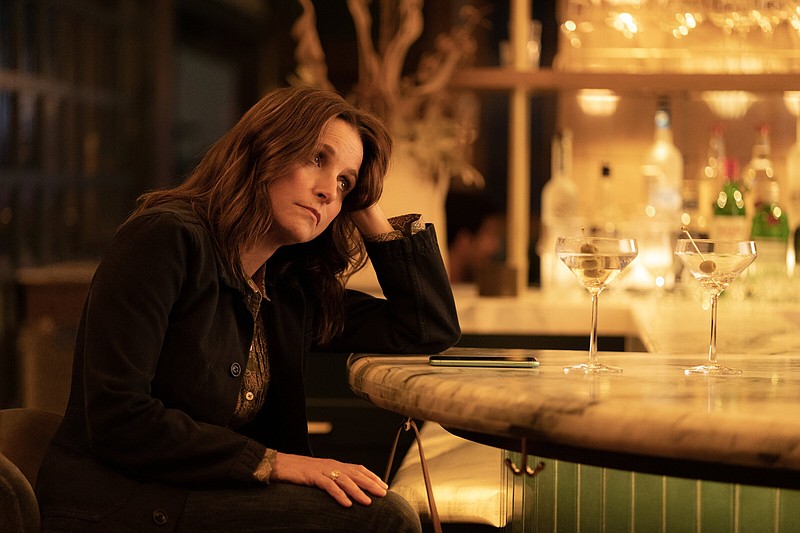Writer/Director Nicole Holofcener's storytelling style involves small snippets of scenes between characters -- slices of life that might involve a pair of sisters volunteering for a church clothing giveaway; a woman meeting her mother at an old diner they used to frequent; a married couple sharing a quick dinner -- that, individually, might seem low-key to the point of irrelevance. But collectively, these exquisitely rendered moments begin to form a much greater whole, creating a sense of the world for her characters that somehow expands far beyond what we actually see of them.
It's an impressive sort of magic trick, the kind of thing (like Raymond Carver's minimalist prose) that seems much easier to accomplish than it actually is. In keeping with the Carver idea, many of her characters -- she tends to focus on upwardly mobile women living in big cities, whose lives are upended one way or the other, leaving them to deal with the fallout -- are realistic to the point of near familiarity. We recognize them in a way that quickly becomes congenial.
In this film, Julia Louis-Dreyfus (previously in Holofcener's wonderful "Enough Said"-- her titles are often vexingly pedestrian) plays Beth, a writer whose memoir was published several years before, who's struggling to complete a novel her agent doesn't seem very enthused about.
Her husband, Don (Tobias Menzies), a therapist, whose patients ("My crazies" he jokes) we also get to meet in the course of things, is ever supportive of his wife -- it's clear that they actually have a really strong marriage, lovingly exchanging anniversary gifts and doting over their 23-year-old son, Eliot (Owen Teague) -- even though, as Beth unfortunately overhears at a sporting goods store as Don talks with his brother-in-law, Mark (Arian Moayed), he doesn't actually like her new manuscript.
This news hits the sensitive Beth like a flying roundhouse kick, leaving her staggering out of the store with her concerned sister, Sarah (Michaela Watkins) in tow. Suddenly, her exemplary marriage is filled with rift and discord -- the unwitting Don, already having to deal with various cantankerous patients, attempts to find out what's bothering his wife to no avail.
It sounds like the sort of setup that will climax at a big party of some kind, where everything finally comes out into the open and all is resolved at the end, but Holofcener is after something considerably more nuanced than a simple misapprehension comedy. In marriages, the film suggests, what we do and don't tell our partners can actually be much less important than how we feel about them in general ("My not liking your book doesn't make me love you any less," Don explains).
In a quiet, subtle way, the film breaks down the central difference between a loving couple and the miserable patient couple (Amber Tamblyn and David Cross) of Don's, who attack each other relentlessly, even though they can't imagine splitting up: remaining open and vulnerable to each other seems to be imperative, even if it feels you're risking everything to do so.

